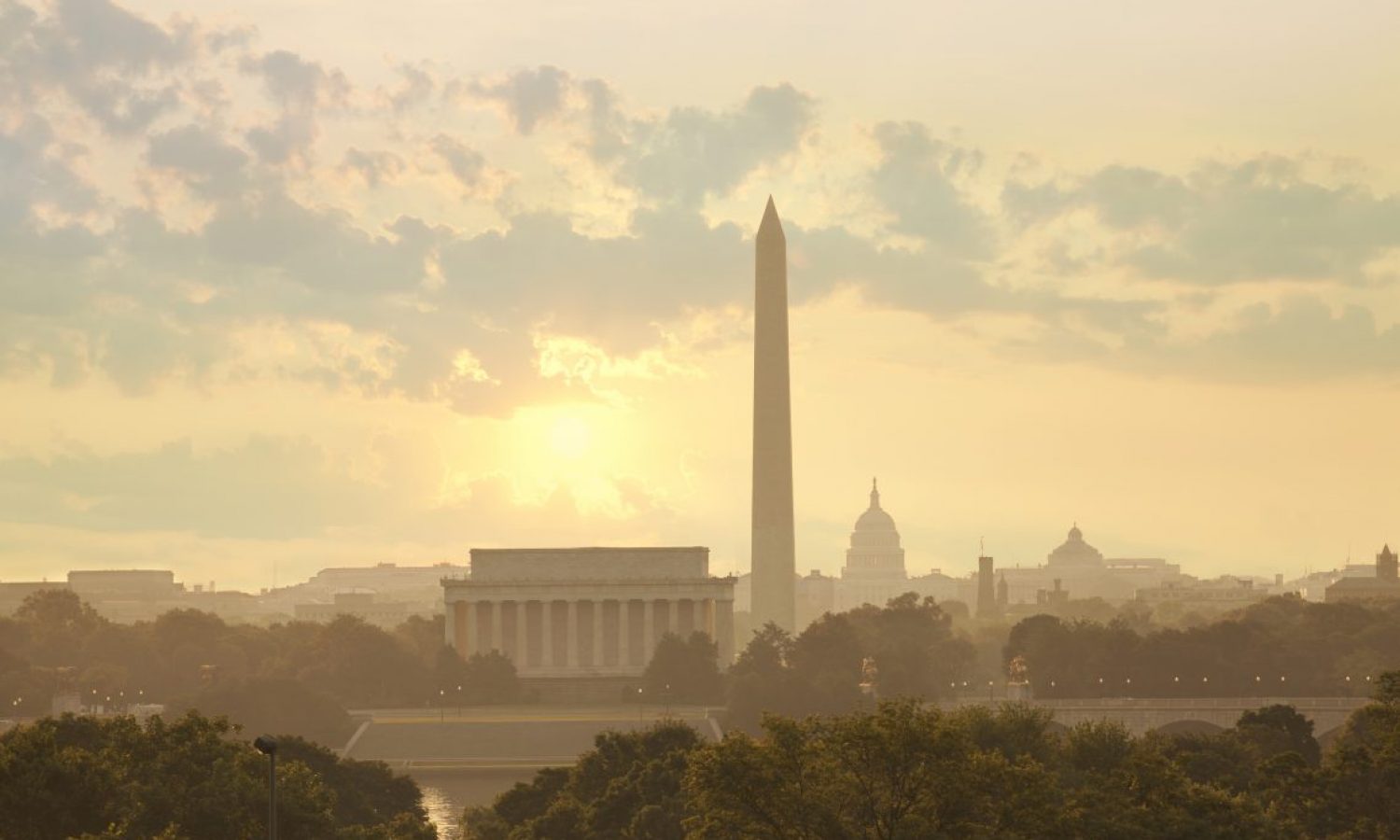i2Coalition Internet Infrastructure Policy Brief: May 2024
Your brief update on important Internet policy issues
OUTLOOK
Congress completed work in May on the Federal Aviation Administration (FAA) reauthorization legislation before breaking for the Memorial Day recess, and President Biden signed the bill into law. When Congress returns to Washington in early June, its remaining major legislative work will include the annual National Defense Authorization Act (NDAA) and FY 2025 spending measures. Federal agencies are funded through September 30. With limited legislative work days left in the Congressional calendar before the November 5 elections and the closely divided chambers, it is unclear what other legislation could advance before Congress departs the Capitol in the fall to engage full-time on the campaign trail. The Presidential campaign will accelerate in the coming weeks with the presumed Democrat and Republican nominees, President Biden and former President Trump, preparing to meet for a first debate on June 27 hosted by CNN in Atlanta, Georgia. House Speaker Mike Johnson (R-LA) and Senate Majority Leader Schumer (D-NY) are working to identify a date this summer before the August recess when Israeli Prime Minister Benjamin Netanyahu will arrive in Washington to address a joint session of Congress.
TECH POLICY PRIORITIES
Section 230/Intermediary Liability/Content Moderation. The bipartisan leaders of the House Energy and Commerce Committee, Chair Cathy McMorris Rodgers (R-WA) and Ranking Member Frank Pallone (D-NJ) released a discussion draft bill to sunset Section 230 by December 31, 2025. On May 22, the House Energy and Commerce Subcommittee on Communications and Technology held a hearing on their sunset proposal, which has the primary intent of prompting large technology companies to engage in negotiations to reform Section 230. Numerous other affected stakeholders who are also covered by Section 230 liability protections quickly expressed strong opposition to the proposed Section 230 sunset bill in letters and statements, citing the arbitrary, unpredictable, and risky nature of this approach for the broad Internet ecosystem of providers and users.
Federal Privacy. The House Energy and Commerce Subcommittee on Innovation, Data, and Commerce marked up and approved the House version of the draft American Privacy Rights Act (APRA) and the House version of the Kids Online Safety Act (KOSA), with plans for further consideration of the bills at a full committee markup in the near future. Efforts in the Senate to attach unrelated children’s privacy bills, including KOSA, as amendments to the must-pass FAA reauthorization legislation were not successful. The Senate Commerce Committee has not indicated yet how it plans to proceed with the APRA discussion draft. The timing of Senate floor consideration of children’s privacy measures (e.g., KOSA and COPPA 2.0) already approved by the Senate Commerce Committee has not been officially announced.
Copyright/IP. The Senate Judiciary IP Subcommittee held a hearing to examine the NO FAKES Act, proposed legislation intended to protect individuals’ voices and likenesses from unauthorized use through AI. AI litigation has expanded, with eight newspapers, including the Chicago Tribune and New York Daily News, suing OpenAI and Microsoft for using their articles to train AI without compensation.
Antitrust/Competition. The U.S. Justice Department and several states filed an antitrust lawsuit against Live Nation and Ticketmaster, alleging that they are engaged in monopolistic practices in the live music industry. The U.S. DOJ scheduled a May 30 workshop on AI and competition. The FTC Chair, Lina Khan, continues to highlight the FTC’s ongoing work on the potential antitrust and privacy law implications of companies training their AI models using data scraped from sources like news websites, artists’ work, or personal information without consent.
Broadband. The future of the Affordable Connectivity Program (ACP) remains unresolved as lawmakers adjourned for the Memorial Day recess without renewing its funding. Despite bipartisan support for ACP, which provides Internet access financial support for more than 20 million low-income households, disagreements and competing proposals have led to a funding shortfall. The House Energy and Commerce Subcommittee Chair of the Communications Subcommittee, Bob Latta (R-OH), introduced a resolution to repeal the new FCC net neutrality rules. The FCC Chair Jessica Rosenworcel announced a proposal to require large broadband providers to file confidential reports on Border Gateway Protocol (BGP) security to enable the FCC and its national security partners to have updated information about this critical Internet routing intersection.
Find Out More…
For more in-depth updates on Internet policy, including issues that specifically impact your organization, please contact us about joining the i2Coalition.

